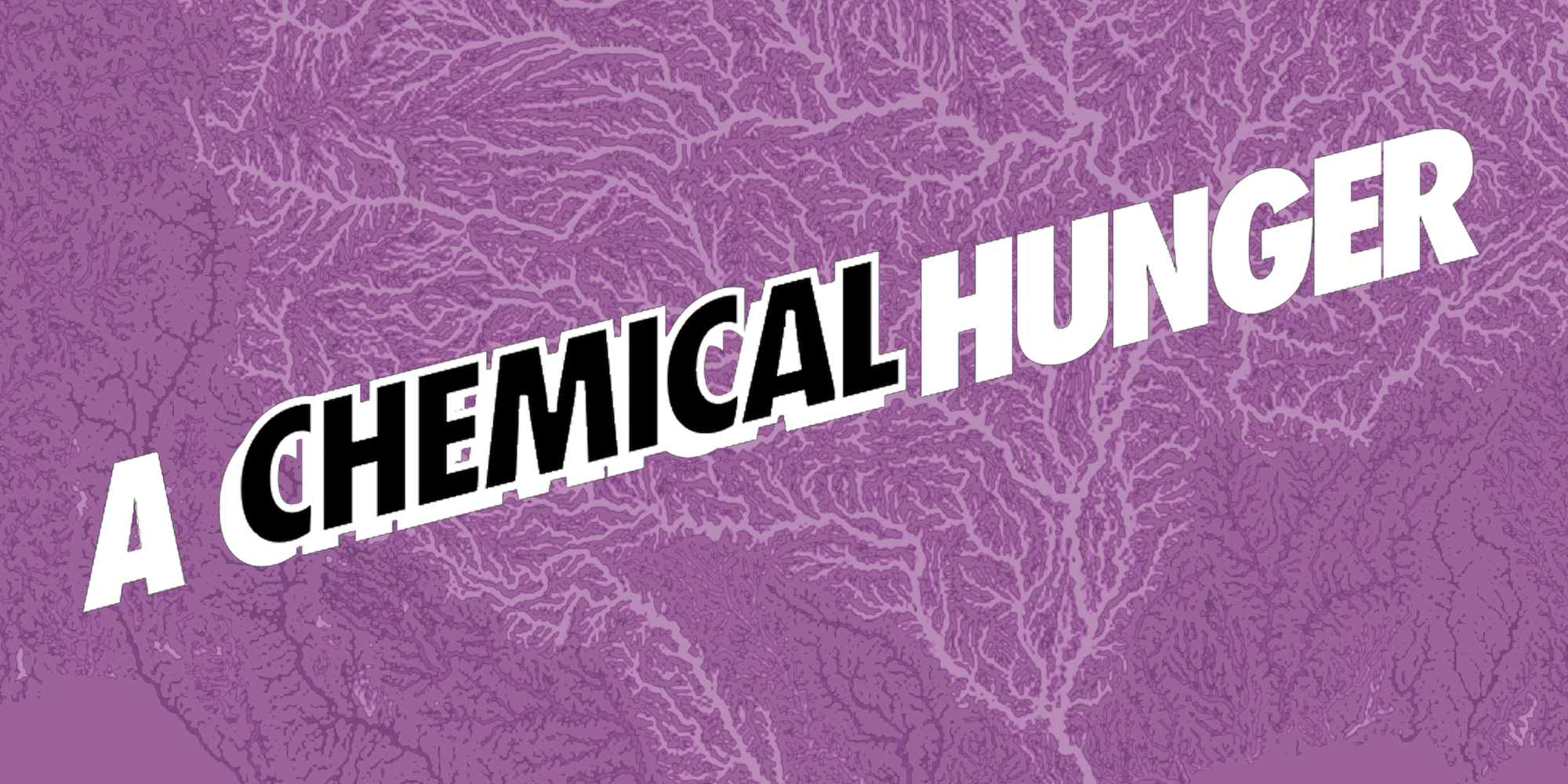Site is a link aggregation of a series of blog posts that cite various studies about the mystery of why the obesity rate is increasing, and why the rate of increase is itself accelerating. Authors make a compelling argument that normal homeostatic processes (the theorized lipostat specifically) tend to keep people within a certain BMI range. Authors argue that environmental contamination is breaking the lipostat, driving obesity rates upwards, and faster where there's more contamination.
Interesting read and a great reason to switch to :vegan-v: with a focus on not buying anything wrapped in plastic.


I guess not necessarily. If you eat something you can't digest that's of course not going to get stored as fat on your body or used to keep your heart beating. Typically though, this conversation happens on the topic of weight loss, where over-counting the calories you eat is not really a problem. I've personally never had an issue gaining weight so it's not something I've got that much knowledge of theoretically :shrug-outta-hecks:
Makes sense, and that's where I think the model falls apart a little bit. We need to know way more about absorption rates and digestion to properly measure how many calories are going in, and that's what OP's post is about (been a little while since I've read through it).
I think one thing that you are getting pushback on here about is that you are kind of conflating strict bodyweight with body composition; and you're not really acknowledging the entire point of this thread.
Which is that people's metabolisms could be completely fucked up due to environmental factors, to where they're artificially burning less calories than they otherwise should be just to get the basic level of non-caloric nutrients (think vitamins/minerals) necessary for their bodies to actually function properly.
You're assuming a problem of strict over-eating, and not under-activity, or even just the wrong kind of activities or foods. A body will metabolize a calorie from an apple the same way it will metabolize a calorie from a twinky. It will not metabolize an actual apple the same way it metabolizes an actual twinkie though, because they are not just numerical abstractions the way a calorie is. You get the point right?
the only thing I'm trying to counter is the weird anti-science mockery of the CICO system, which, I will stress again, is simply objectively correct and not up for debate. you can talk about metabolism and society and mental challenges and all that other stuff in the context of weight loss and gain without going after simple scientific fact and making us all look like dumbasses
Okay, but remember the original comment that started this entire chain. You responded to a guy saying that "If the stated caloric content of the food was the only thing that mattered with regards to weight gain, then you could drink a cup of gasoline & you would gain weight", by saying "Yeah no, that's tru tho."
That's the part that people are pushing back on you against, because it's obvious bullshit. If you drink a cup of gasoline you will die, or at the very least get seriously ill because it is physically poisonous to the human body.
A calorie is a generalized unit of heat-energy that exists in just about any object you can name. That doesn't say anything about it's nutritional content to the human body. A body that stores more energy than it expends will accumulate more mass than one that doesn't; I don't think anyone is actually arguing against that proposition.
That does not at all give you a full picture of what effects different articles of food will have on the human body.